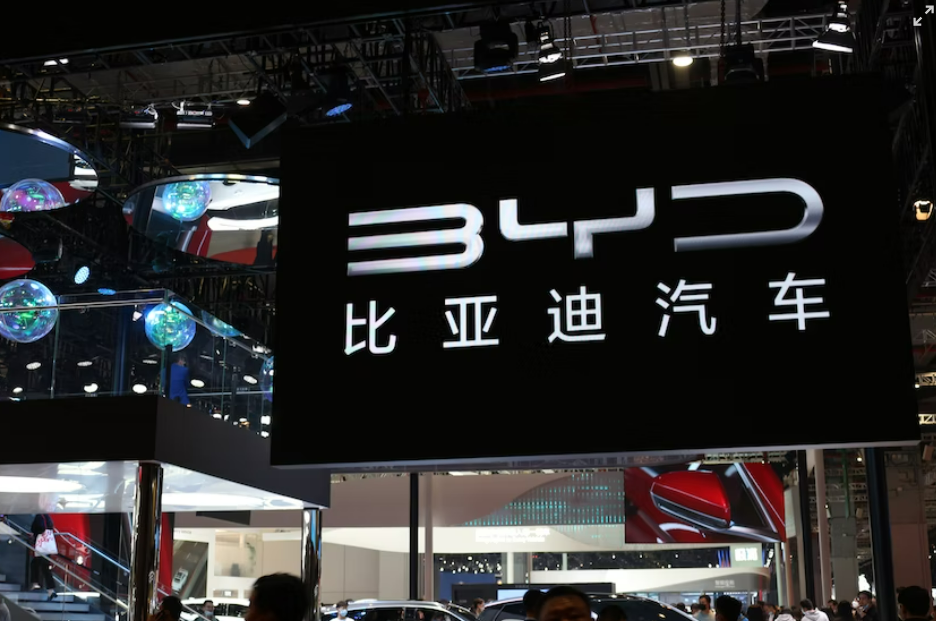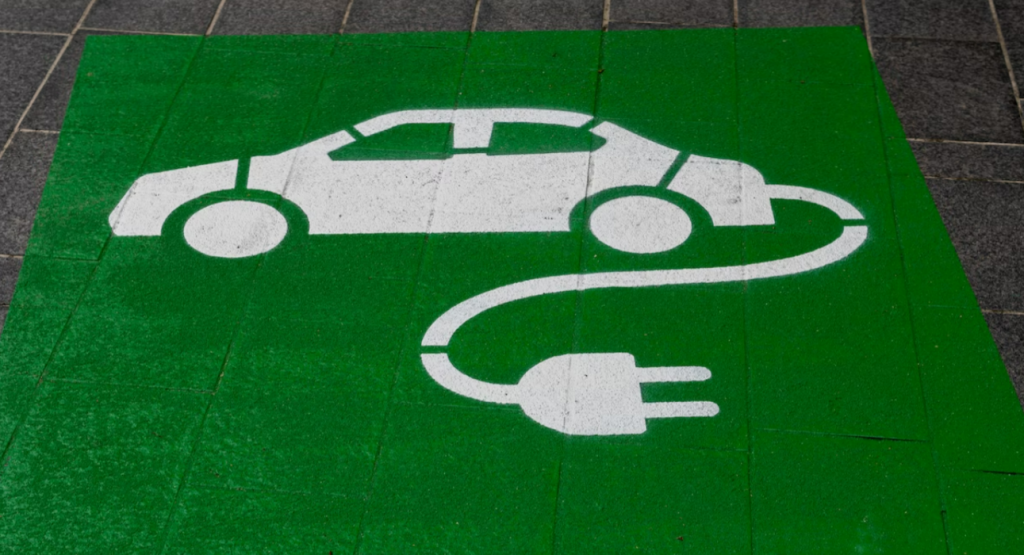China has almost doubled its sales of passenger Electric Vehicles (EVs) in 2022 with a reported growth of 87% year on year. A recent report from Counterpoint’s Global Passenger Electric Vehicle Model Sales Tracker states that one in four cars sold in China is an EV. It further states that, amongst the top 10 fastest-growing EV markets in the world, China stood in second position in terms of sales right behind Japan which showed a 119% year-on-year growth in 2022.
In 2022, BYD emerged as the largest EV seller in China with a 29.7% market share followed by GM, Tesla, Geely, and Changan. In the last quarter of 2022, BYD Song dethroned the most famous Wuling Hongguang MINI EV as the top-selling EV model in the country.

China the most vibrant EV market in the World:
According to Soumen Mandal, Senior Analyst at Counterpoint, currently, China has the most versatile and vibrant EV market in the world. All the famous as well as not-so-famous EV companies offer their products and services in the country as it is the largest EV market in the world with more than 50% of global production. China’s EV market is served by almost 94 different brands that together offer more than 300 different models to its customers. The EV scene in China is so versatile that you can easily find a cheap EV with a starting price of $5000 to something as costly as $90,000 and above.
81% of the Chinese EV market is dominated by domestic companies which include top players like BYD, Wuling, Chery, Changan, and GAC. The remaining 19% is filled by foreign companies like Tesla and Volkswagen. Apart from these automobile giants, China is also home to some of the best EV startups like Nio, Xpeng, Neta, AITO, IM Motors, Zeeker, Aiways, and Livan which are performing quite well despite the tough competition from foreign and established domestic companies.
Why are the Chinese favoring EVs?
Environmental health and government policies are the driving forces behind the tremendous growth of EVs in China. According to the survey conducted by Rakuten Insight, about 66 percent of the Chinese consumers who considered buying an electric car stated that they preferred an electric car over a conventional one because it is environment-friendly.

Beijing has set a goal of becoming carbon neutral by 2060 and to achieve this goal the government offered major subsidies for EVs. For the past 12 years, China has designed its policy and funding to encourage the sales of Environment-friendly vehicles. Also, the country has the world’s biggest EV charging network and the rapid expansion of the charging infrastructure makes it easier and cheaper for consumers to travel across the country.
The government policies have ultimately paid off as last year in November alone, 36% of new vehicles taking to the mainland roads were either pure electric or plug-in hybrid cars and today one in four vehicles sold in China is an EV. According to experts at Swiss Bank UBS, by 2030 three out of every five vehicles sold in China will be EV.
What is the future of China’s EV market?
China’s EV boom was mainly driven by strong government subsidies and funding. Between 2020 and 2022, around two million vehicles were eligible for subsidies. However, since 2019, subsidies have been reduced progressively to date and in 2023, no new budget has been allocated for granting subsidies to EVs. Apart from the announced renewal of the 5% vehicle purchase tax exemption policy for new energy vehicles, there have been no announcements for renewal of the cash subsidies on EVs. This may lead to slower growth in the coming years.
Right now the Chinese EV market is witnessing a major price war which was started by Tesla and picked up by other players like BYD, Ford, Xpeng, and more. This price war may create additional demand and sustain EV sales in 2023. Though in the short term, the EV market may struggle due to the economic downturn and policy changes, the long-term outlook for China’s EV market is extremely positive as the country aims to reduce its particle emissions significantly and reach carbon neutrality. China had previously committed to creating a 50% EV market by 2035. However, right now this number looks too easy as the share of EVs in the passenger car market will exceed 50% and surpass traditional energy cars before 2030 itself.
- XPeng Aims to Deliver 200,000 Units in 2023 with New Electric Vehicles
- After Tesla, BYD Slashes EV Prices to Combat the Competition
- Tesla Led Price War affects Chinese Auto Stocks: Shares of major companies take a toll
(source)







